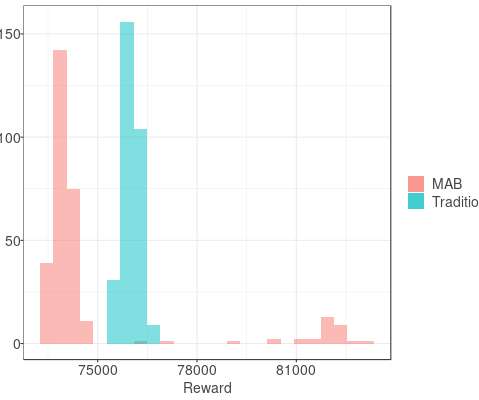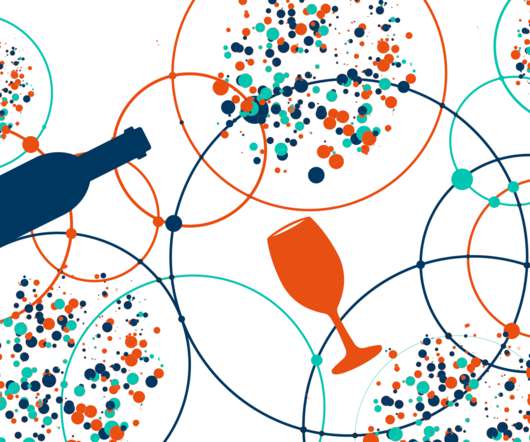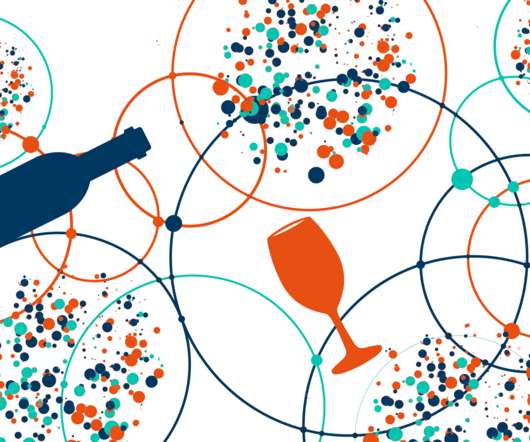Changing assignment weights with time-based confounders
The Unofficial Google Data Science Blog
JULY 22, 2020
One reason to do ramp-up is to mitigate the risk of never before seen arms. A ramp-up strategy may mitigate the risk of upsetting the site’s loyal users who perhaps have strong preferences for the current statistics that are shown. For example, imagine a fantasy football site is considering displaying advanced player statistics.
















Let's personalize your content